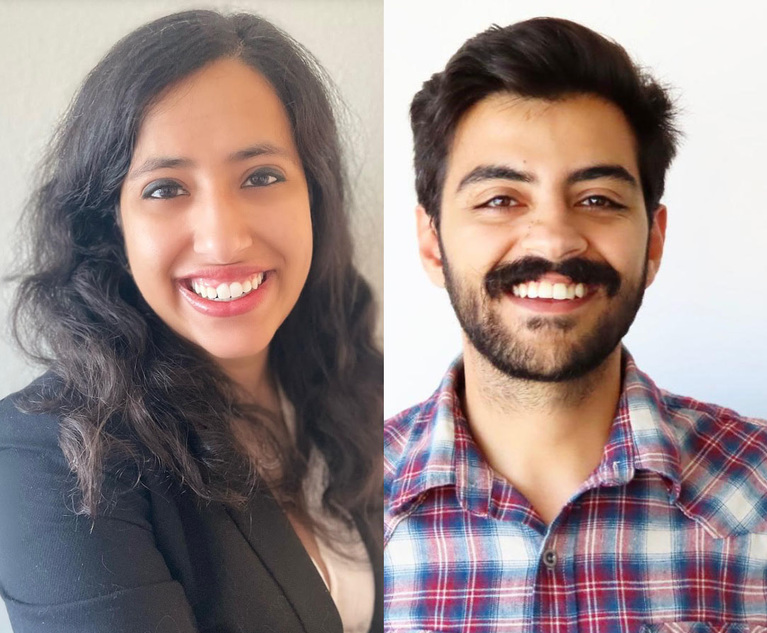Last week, a flood of whimsical, dreamlike portraits in the style of Studio Ghibli (the Japanese animation studio) swept across social media. OpenAI’s ChatGPT-4o had rolled out a new image-generation feature—allowing users to simply describe a scene, like “my family as characters in a Ghibli movie,” and receive AI-generated art in seconds. One such post, a family portrait rendered in the beloved aesthetic of “Spirited Away” and “My Neighbor Totoro,” two iconic films by Studio Ghibli known for their lush, hand-drawn visual style, went viral with over 27 million views. OpenAI CEO Sam Altman later quipped that the servers were “melting” from demand. In fact, the once-instant Chat-GPT is providing estimates of 24-48 hours to generate Ghibli-style images.
These “Ghibli-style” images—which captured the studio’s distinct, nostalgic fantasy look—spread rapidly as users turned family photos, travel scenes, and pets into what looked like frames from a high-end animated film. What began as a playful social trend quickly raised legal concerns. Within days, users began reporting that OpenAI had restricted prompts referencing specific artistic styles, including Studio Ghibli. While the company did not formally announce the change, this shift appeared to reflect a cautious response to potential intellectual property issues. This trend offers a live case study of how generative AI may implicate core doctrines of copyright law, including derivative works, substantial similarity, and fair use.

